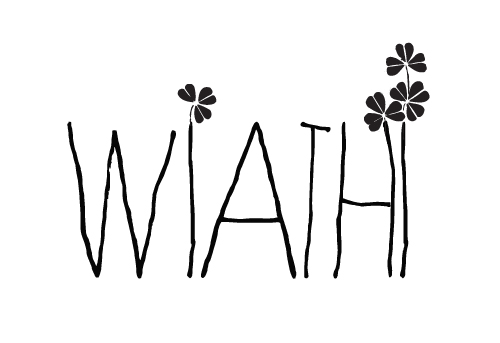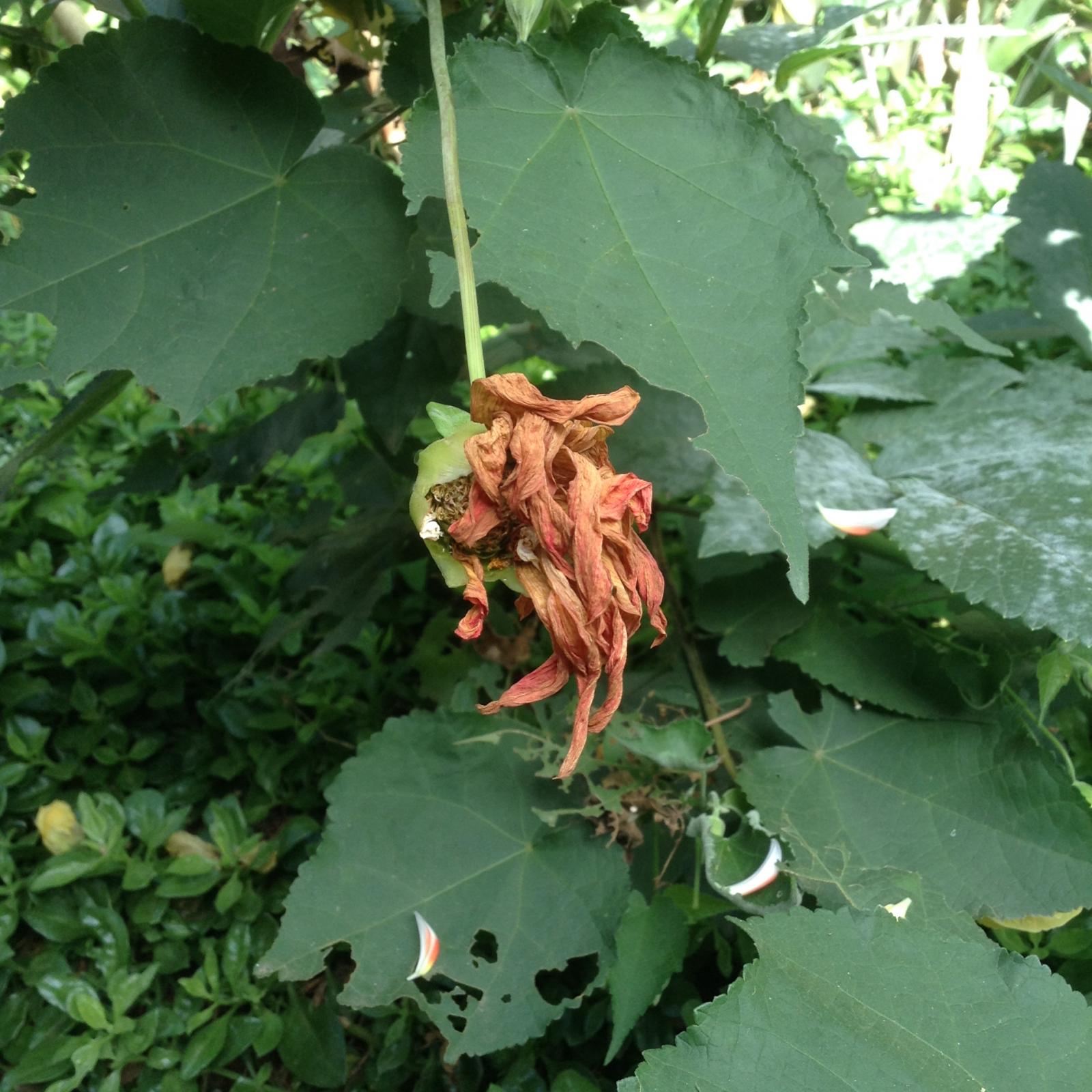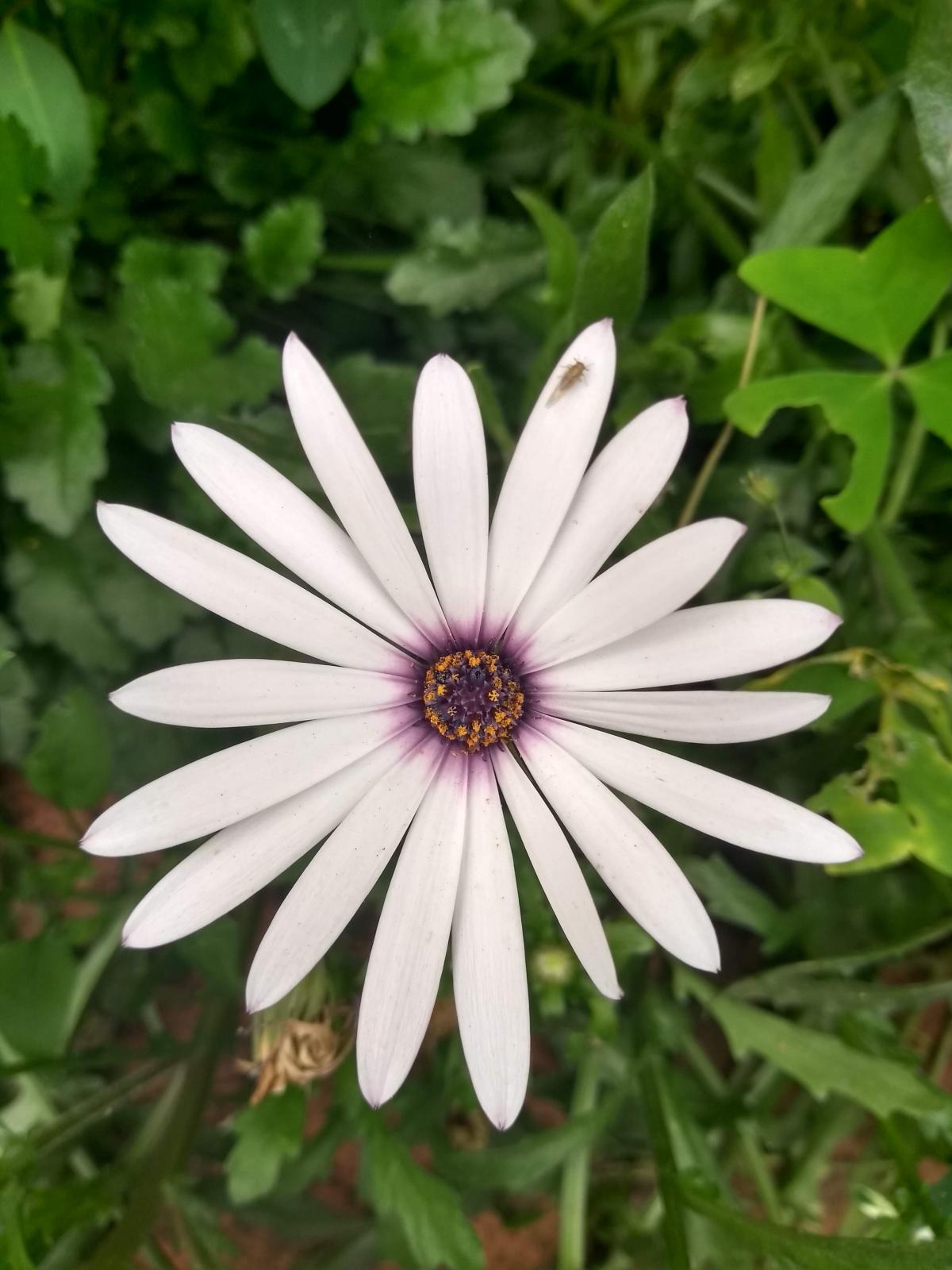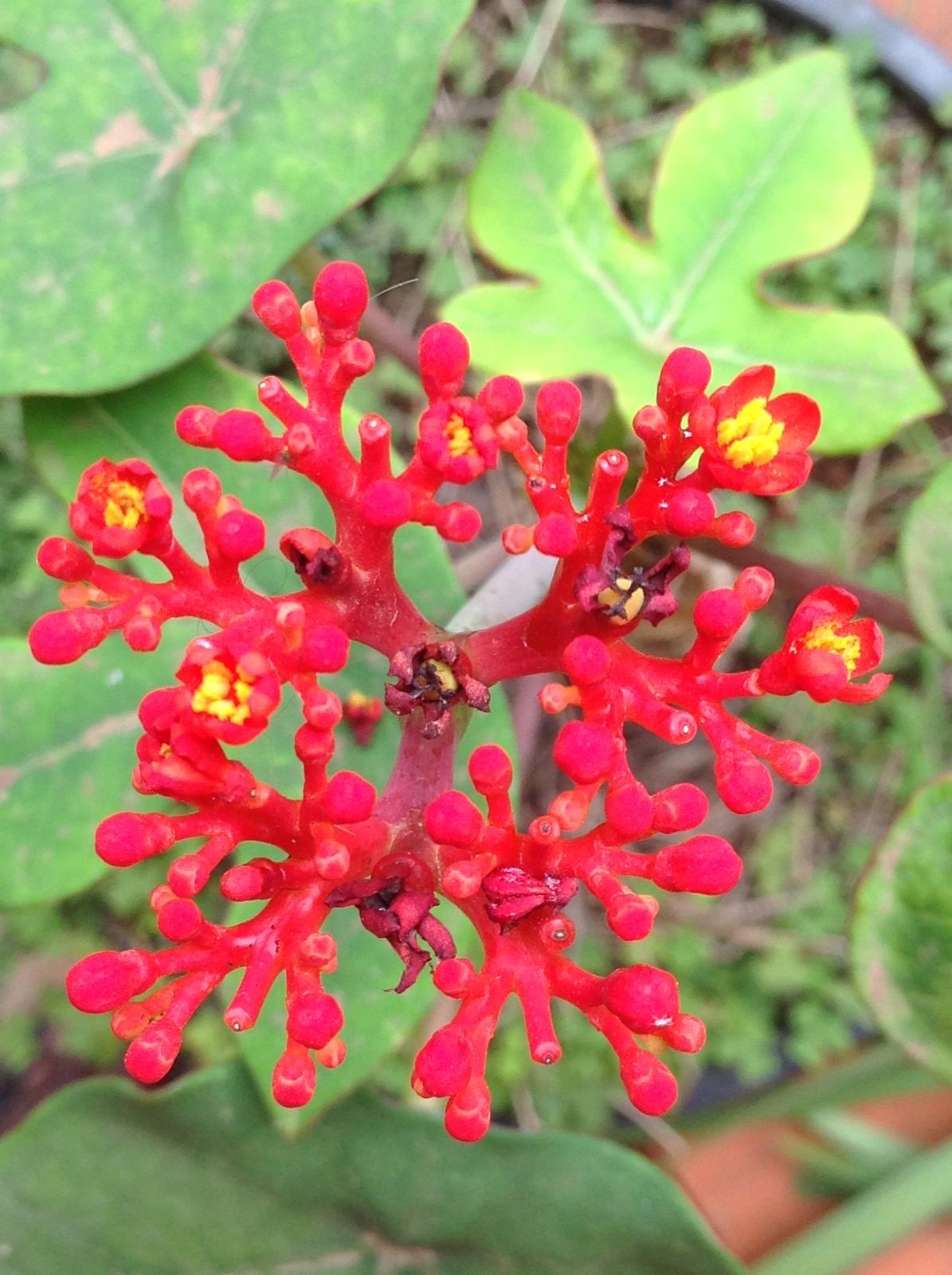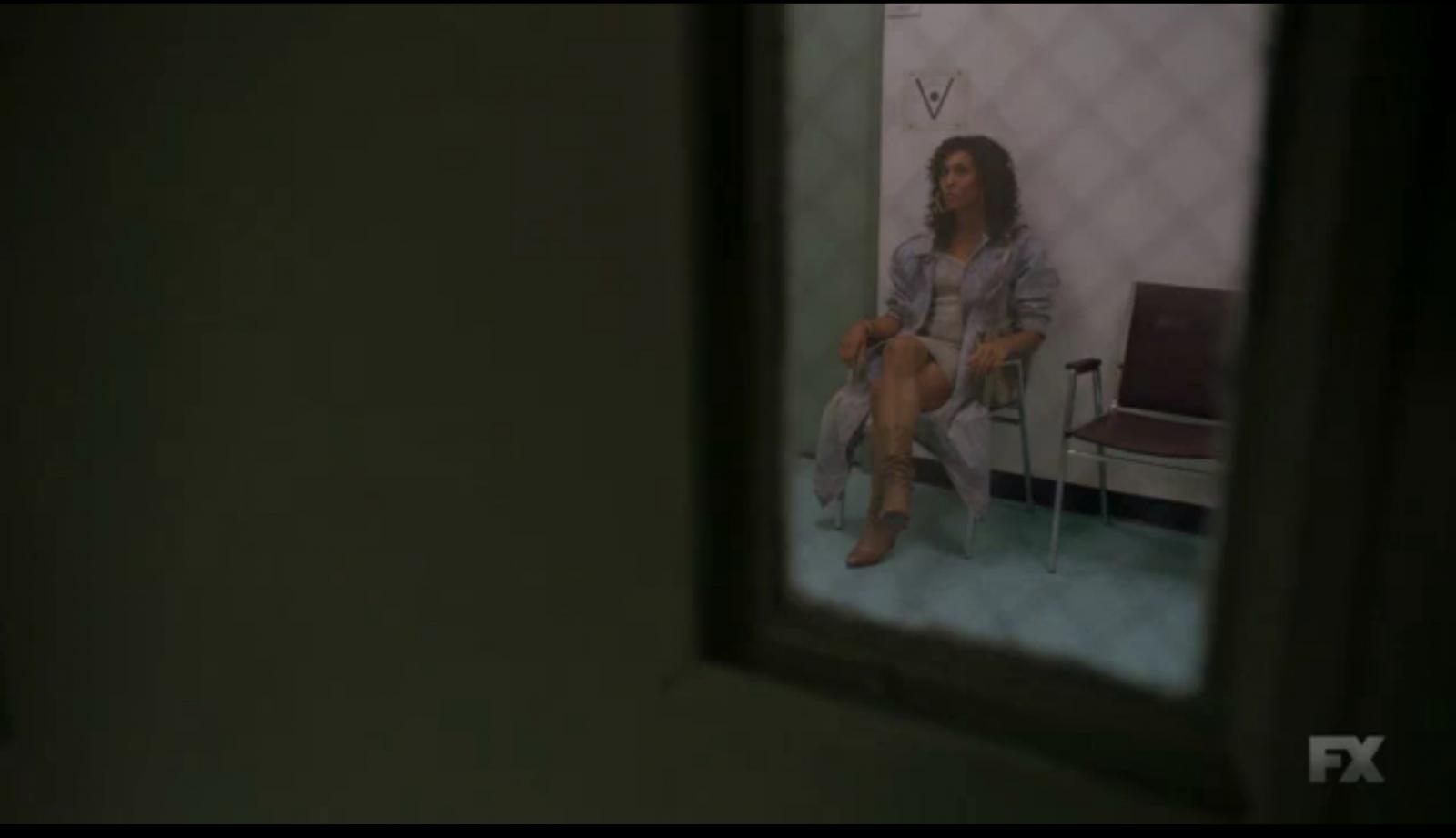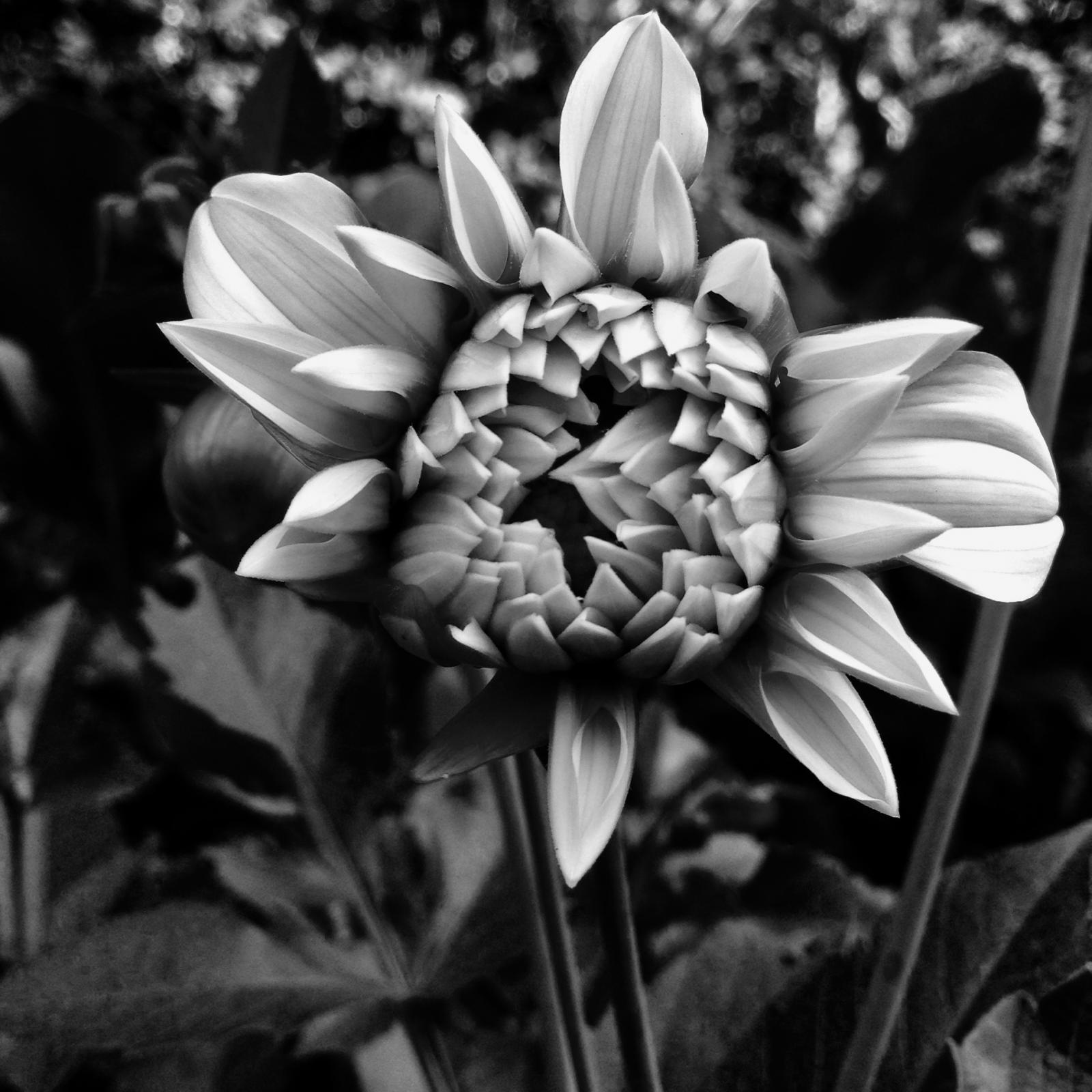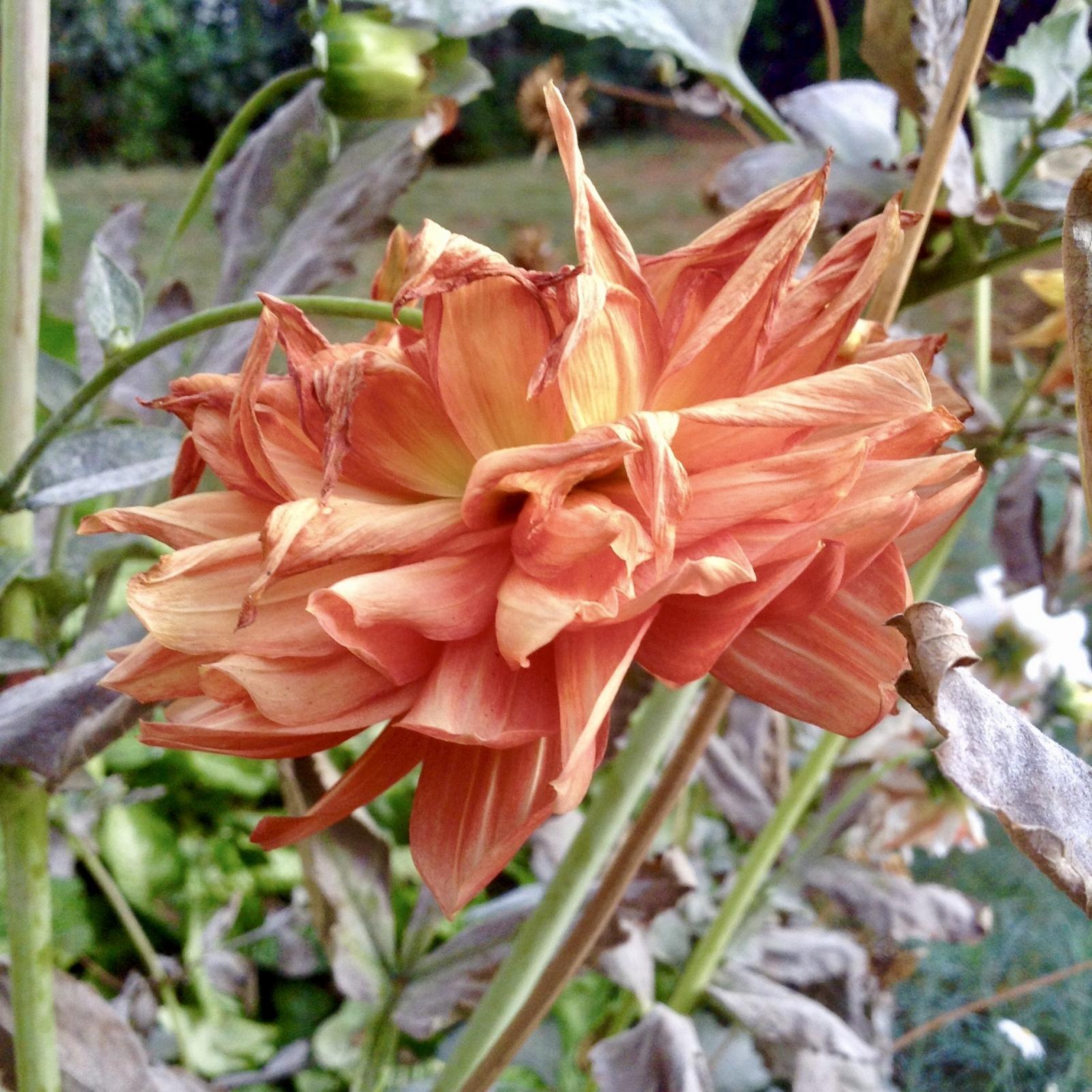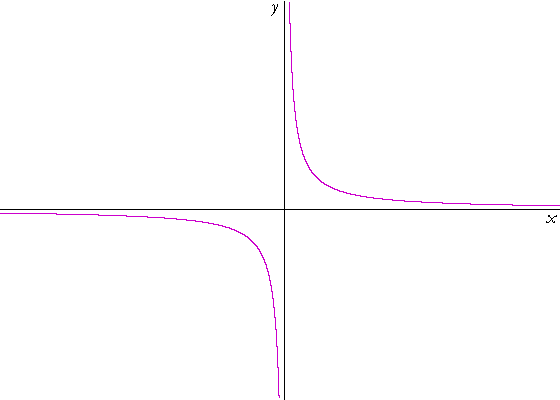Pose: Death & Home
Episode 5 and 6 of Pose form a mini-arc that focuses on death and home. In episode 5, Blanca’s bio-mother dies and in episode 6,…
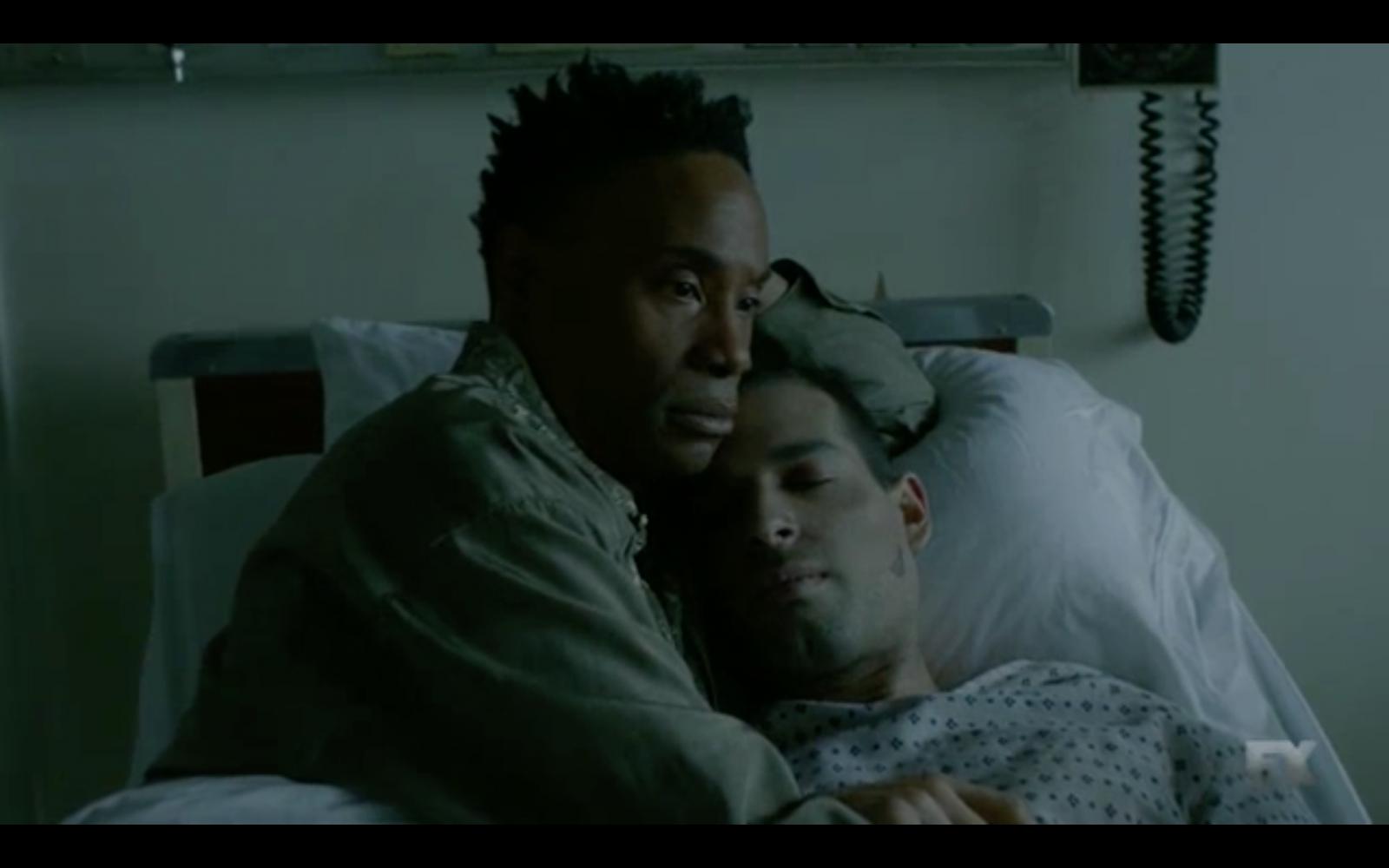
Episode 5 and 6 of Pose form a mini-arc that focuses on death and home. In episode 5, Blanca’s bio-mother dies and in episode 6, Pray Tell’s lover, Costas, dies. When I saw episode 5, I wondered why Blanca’s mother’s death was the first death featured on the show. I needed episode 6 to see what Pose was saying about attachment and grief, public and private mourning. Episode 5 opens in 1982, with Blanca participating in her first ball. The emcee notes her unflattering appearance–“it looks like Cinderella came to the ball after midnight”—and asks, “Where is your mother? Whose child is this?” Blanca responds, “I don’t have a mother or a father.” Electra adopts Blanca after the ball. “You’re coming home with mother.” “Wait, you wanna be my mother?” “I am your mother.” Motherhood is marked by choice and… Read More...
